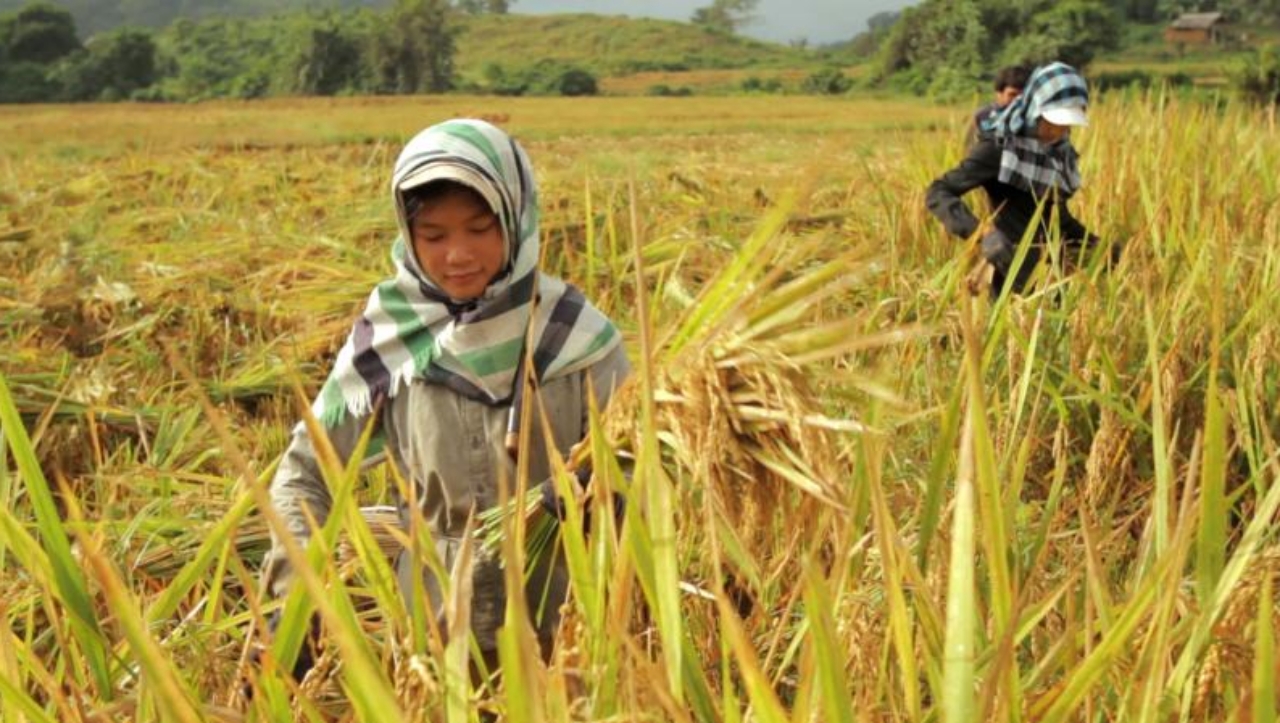
These could potentially hinder socio-economic development by decreasing productivity, change crop patterns and reducing efficiency of sustainable agriculture production that the government is developing to sustain food security.
In response these climate change, enhancement of the agriculture sector’s capacity to provide agro climate services including ability to continually measure, monitor and model its hydrologic systems and temperature variations should be taken in order to sustain agricultural production and enable sustainable growth of the sector that is needed to reduce poverty, increase resilience and achieve food security.
FAO in the Lao PDR, with assistance from Global Environment Facility (GEF) is working with the Ministry of Natural Resources and Environment on Strengthening Agro-climatic Monitoring and Information Systems (SAMIS) to improve adaptation to climate change and food security in Laos.
The project focuses on agro climatic monitoring and analysis, land resources information management system (LRIMS) and national agroecological zoning (NAEZ) as well as knowledge management and dissemination. This tool will enable planners and decision makers to establish appropriate crop production schemes and adapted land allocation option over the next 20, 50 and 100 years.
In addition, the project is working in short term decision making for farmers in the face of climate change. One of the latest products of this joint collaboration is Laos Climate Services for Agriculture (LaCSA) system has been developed, which provides provincial seasonal bulletin covering the entire country and, on a weekly basis, recommendations on productivity and pest and disease for rice.
The project definitely contributes to the Lao PDR’s efforts to combat the impact of climate change but there is a need to continued efforts in making agriculture sector more resilient to climate change and to prepare all stakeholders including policy makers, agriculture service delivery mechanisms as well as the farmers to adapt to the risks of these changes.
Source: FAO in Laos & Vientiane Time


